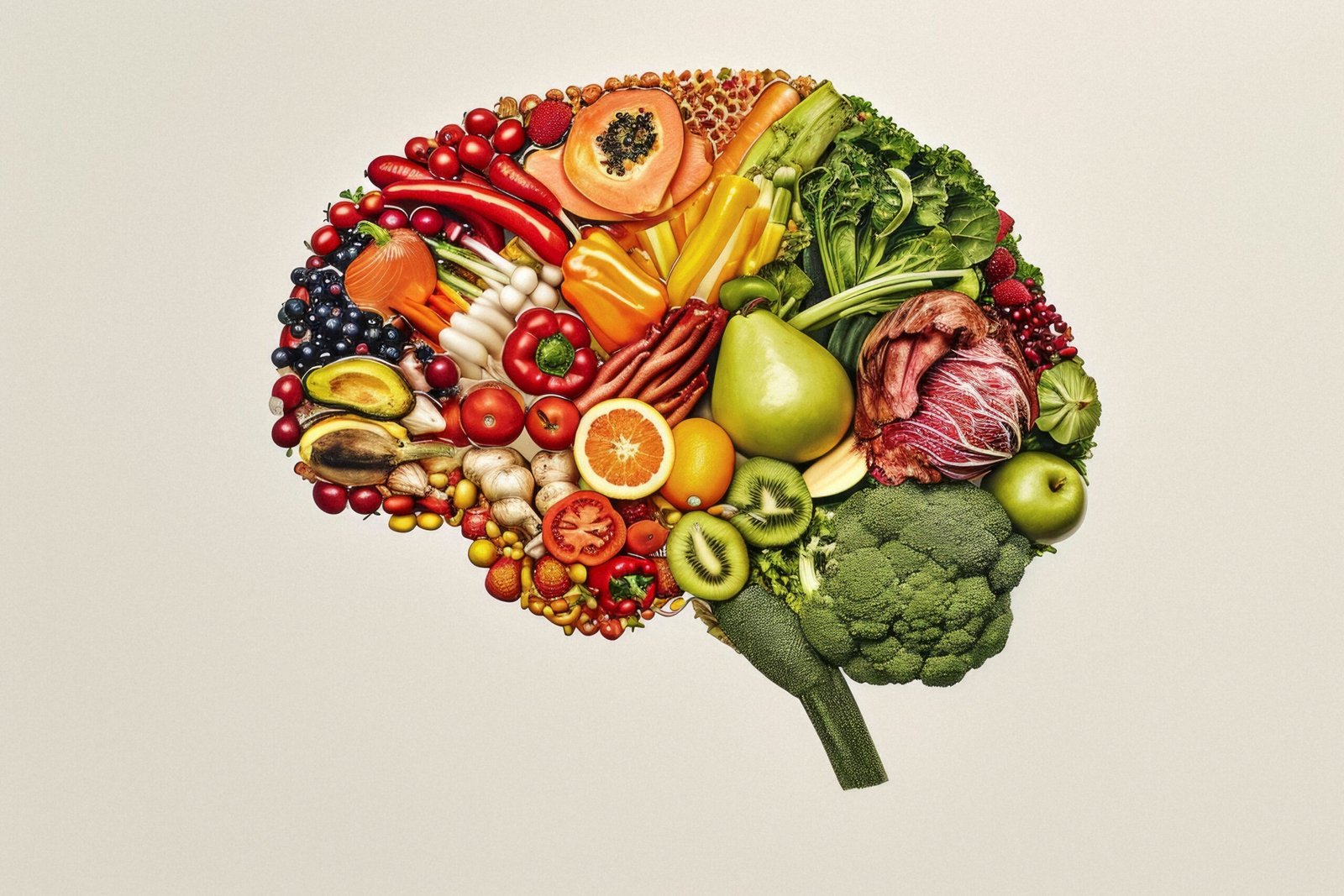The Hidden Link Between Ultra-Processed Foods and Depression: What You Need to Know
Have you ever wondered if your diet could be impacting your mental health? Recent studies suggest that consuming ultra-processed foods, particularly those containing artificial sweeteners, may increase the risk of depression. This article delves into the findings of a pivotal study, the potential mechanisms at play, and practical tips for improving your diet to enhance mental well-being.
Understanding Ultra-Processed Foods and Their Impact
Ultra-Processed Foods Defined
Ultra-processed foods are those that have undergone significant industrial processing and contain ingredients not typically used in cooking. These foods are often loaded with additives, preservatives, and artificial ingredients designed to enhance flavor and shelf life. Examples include packaged snacks, sugary cereals, sodas, and ready-to-eat meals.
Dietitian Karen Z Berg explains, “Ultra-processed foods are made up of manufactured ingredients with added salt, oil, or sugar. They usually don’t have any worthwhile nutritional benefits and are often high in calories, fat, salt, and sugar.”
Study Insights: The Connection to Depression
A study published in JAMA Network looked at the diets of 31,712 participants from the Nurses’ Health Study II, none of whom had depression at the start. The researchers found that those who consumed the most ultra-processed foods had a significantly higher risk of developing depression. Notably, foods and beverages containing artificial sweeteners were linked to an even greater risk.
Jessie Hulsey, a registered dietitian, commented, “Participants with high UPF intake were found to have greater BMI, higher smoking rates, and an increased prevalence of comorbidities such as diabetes, hypertension, and dyslipidemia.”
Mechanisms Behind the Risk
While the study highlighted a strong association, it didn’t establish causation. However, several mechanisms could explain the link between ultra-processed foods and depression:
- Nutrient Deficiency: Ultra-processed foods often lack essential nutrients like vitamins, minerals, and fibre, which are crucial for brain health.
- Inflammation: These foods can promote inflammation, a known risk factor for depression.
- Gut Health: Artificial sweeteners can disrupt the gut microbiome, which plays a critical role in mental health through the gut-brain axis.
Controversial Take: Artificial Sweeteners and Mental Health
Artificial sweeteners, touted as healthier alternatives to sugar, might pose a hidden risk to mental health. These additives are common in diet sodas, low-calorie snacks, and sugar-free products. The study’s findings suggest a particularly high risk of depression associated with these sweeteners.
This challenges the popular narrative that artificial sweeteners are a guilt-free option for those looking to reduce calorie intake. The potential mental health risks add a new dimension to the ongoing debate about their safety.
Practical Steps to Reduce Ultra-Processed Food Intake
Reducing the consumption of ultra-processed foods can be a game-changer for both physical and mental health. Here are some practical tips:
- Read Food Labels: Be vigilant about reading ingredient lists and avoid products with long lists of additives.
- Choose Whole Foods: Opt for fresh fruits, vegetables, whole grains, lean proteins, and legumes. These foods are nutrient-dense and beneficial for overall health.
- Cook at Home: Preparing meals at home gives you control over ingredients and cooking methods, helping to minimize reliance on processed foods.
- Plan Your Meals: Planning and prepping meals can prevent the temptation to reach for convenient but unhealthy options.
Conclusion: Take Charge of Your Diet and Mental Health
The potential link between ultra-processed foods and depression underscores the importance of dietary choices in mental health. While more research is needed to fully understand the mechanisms, the evidence suggests that reducing the intake of these foods can be beneficial. Start by making small changes: read labels, choose whole foods, and cook at home. Your mind and body will thank you.
For more tips on healthy eating and mental well-being, subscribe to our newsletter. Stay informed and take proactive steps towards a healthier, happier you.
FiiHii frinks are full of just fruits and seeds, nothing artificial or unnatural. An easy way to take charge of your diet, body and mental health. Try it and see for yourself.





